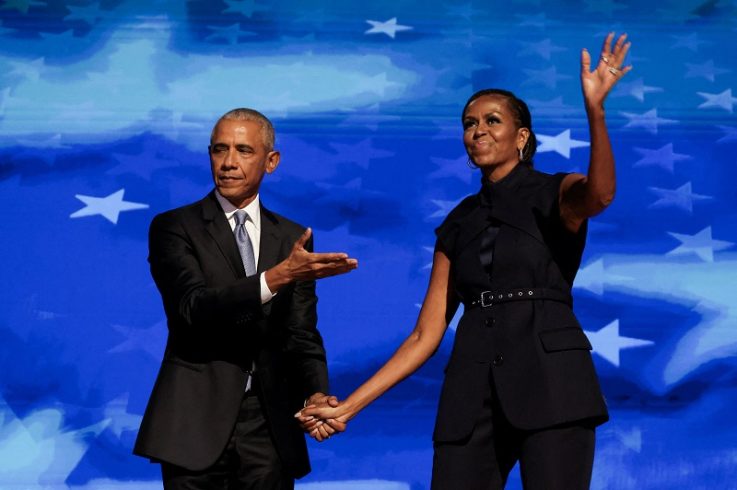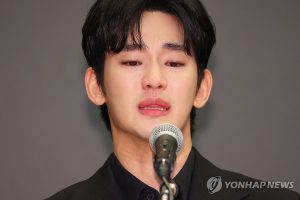As the 2024 U.S. presidential election approaches, a notable trend is emerging within the Korean-American community. Recent polls suggest a potential shift in political allegiances, with many voters leaning towards more conservative positions. This development warrants a closer look at the factors influencing Korean-American voters and what it might mean for the upcoming election.
The Numbers Speak
Radio Seoul’s online poll, “2024 U.S. President: Who’s Your Choice?”, which ran from July 24 to September 6, 2024, provides an intriguing snapshot of voter sentiment. The results show former President Donald Trump leading Vice President Kamala Harris by a margin of 49.57% to 45.30%. While this poll doesn’t represent the entire Korean-American electorate, it does offer valuable insights into current trends.
Understanding the Shift
Several factors appear to be driving this conservative trend among Korean-American voters:
- Religious Influences: A significant portion of the Korean-American community identifies as Christian. This religious affiliation often aligns with more conservative social values, particularly regarding issues like LGBTQ+ rights. The Democratic Party’s progressive stance on these matters has met with resistance from some within the community.
- Public Safety Concerns: There’s growing dissatisfaction with what some perceive as the Democratic Party’s “soft on crime” approach. Issues related to urban crime and homelessness have become major talking points, with many Korean-American voters expressing frustration with current policies.
- Economic Factors: As with many immigrant communities, economic concerns play a crucial role in shaping political preferences. Policies affecting small businesses, taxes, and regulations are likely influencing this shift.
A Nuanced Picture
It’s important to note that this trend doesn’t represent a monolithic shift. The Korean-American community, like any other, is diverse in its political views. While the poll suggests a lean towards conservative candidates, a significant portion still supports more liberal policies and candidates.
Implications for 2024
If this trend continues, it could have meaningful implications for the 2024 presidential election, particularly in swing states with significant Korean-American populations. Both major parties would do well to pay attention to the concerns driving these shifts in sentiment.
As we move closer to election day, it will be crucial to monitor how these trends evolve. Will the conservative lean solidify, or will we see a reassertion of more liberal values within the community? The answer to this question could play a role in shaping the outcome of what promises


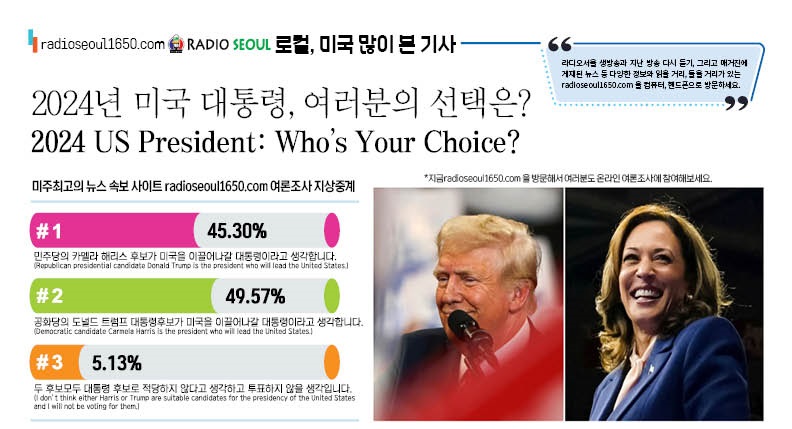






































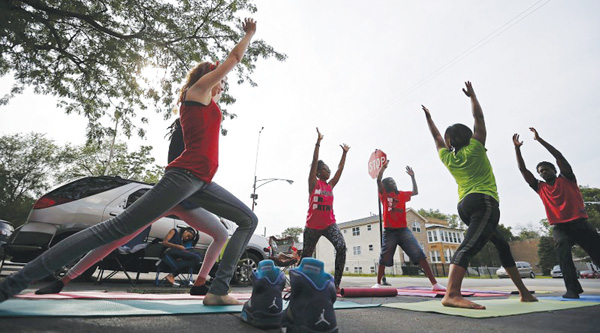



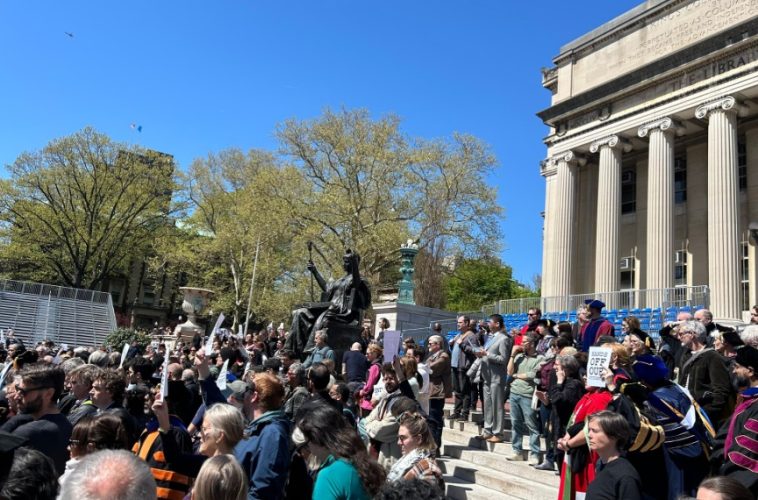














 카네기멜론·버지니아텍 등
카네기멜론·버지니아텍 등






